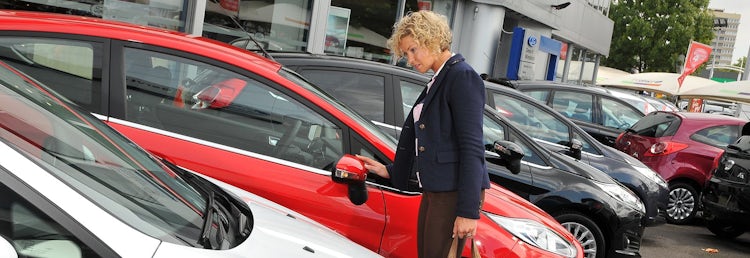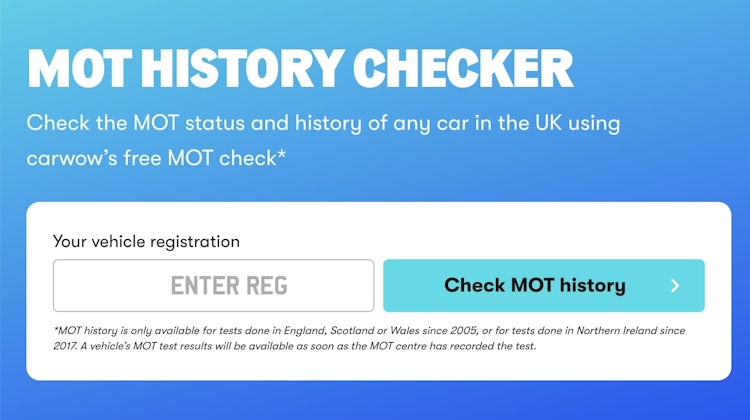Used Hyundai Bayon cars for sale
Find the right second hand Hyundai Bayon for you through our network of trusted dealers across the UK
Looking to buy a used Hyundai Bayon? Get a full car history check
How buying a used car through Carwow works
Find a car
Use Carwow to browse and compare used vehicles, advertised by a network of trusted dealers. You can search by make and model, or apply filters to find the perfect car for you.
Contact the dealer
Once you’ve found a car you’d like to buy, you can contact the dealer to arrange the next steps, whether that’s asking a question or taking it for a test drive.
Buy the car
When you’re happy to buy, you can do so at a fixed price, safe in the knowledge all models sold through carwow are mechanically checked and come with a warranty.
Used Hyundai Bayon pros and cons
Sell your car for what it's really worth
The free, easy way to get 5,500+ dealers all over the UK bidding on your car
Is a second-hand Hyundai Bayon a good car?
The Bayon is Hyundai’s answer to the likes of the Ford Puma, Nissan Juke, and VW T-Cross. It’s a compact SUV — really a hatchback wearing notional hiking boots — which gives you a little taste of that SUV style for not a lot of money.
Inside, things are all a bit more conventional than on the outside. The cabin is basically that of the i20, so you get neatly integrated infotainment and instrument touchscreens, but some of the quality isn’t really up to snuff.
At launch, the Bayon came with an 8.0-inch touchscreen infotainment system as standard, while pricier models got a bigger, fancier 10.3-inch screen. Both are fine, and the underlying software is actually pretty simple and easy to use.
The Bayon really scores in the back seats, where headroom and legroom are very decent. The penalty for that rear seat space is that the boot is quite small by the standards of this class.
The Bayon is best kept in town, where the soft suspension plays its best tunes, making bumps and speed humps just go away. The light steering makes parking and mini roundabouts a doddle.
On a twistier road, the Bayon is fine but nothing special, so if driving pleasure is your bag, then check out the Ford Puma instead.
What to look for when buying a used Hyundai Bayon
The Bayon’s a pretty new design, and even the older versions will still have a little of their original five-year, unlimited mileage warranty yet to run, so if any issues do make themselves known, there’s the reassurance of that cover. There aren’t any reports of major problems for the Bayon, but the i20 on which it’s based has had occasional reports of issues with the mild hybrid system which can sometimes drain the 12-volt battery leading to diagnostic alarms or starting issues. Keep an eye on the clutch in the manual versions too, as part of the mechanism is plastic and prone to snapping.
Hyundai Bayon FAQs
Used car buying guides
Popular used car models
- Used Audi A1 Sportback
- Used Citroen C5 Aircross
- Used Fiat 500
- Used Ford Fiesta
- Used Hyundai i10
- Used Hyundai Ioniq 5
- Used Jaguar E-PACE
- Used Jaguar F-PACE
- Used Jaguar I-PACE
- Used Kia Ceed
- Used Kia Niro
- Used Kia Picanto
- Used Kia XCeed
- Used Land Rover Defender 110
- Used Mazda CX-5
- Used Mercedes-Benz A-Class
- Used Mercedes-Benz CLA
- Used Mercedes-Benz GLA
- Used MG MG4 EV
- Used MG ZS
- Used Peugeot 208
- Used Peugeot 3008
- Used Polestar 2
- Used Renault Clio
- Used SEAT Ateca
- Used SEAT Ibiza
- Used SEAT Leon
- Used Skoda Kodiaq
- Used Toyota Aygo X
- Used Toyota Yaris Cross
- Used Vauxhall Corsa
- Used Vauxhall Grandland X
- Used Vauxhall Mokka
- Used Volkswagen T-Cross
- Used Volkswagen Tiguan
* In line with the Consumer Rights Act 2015










